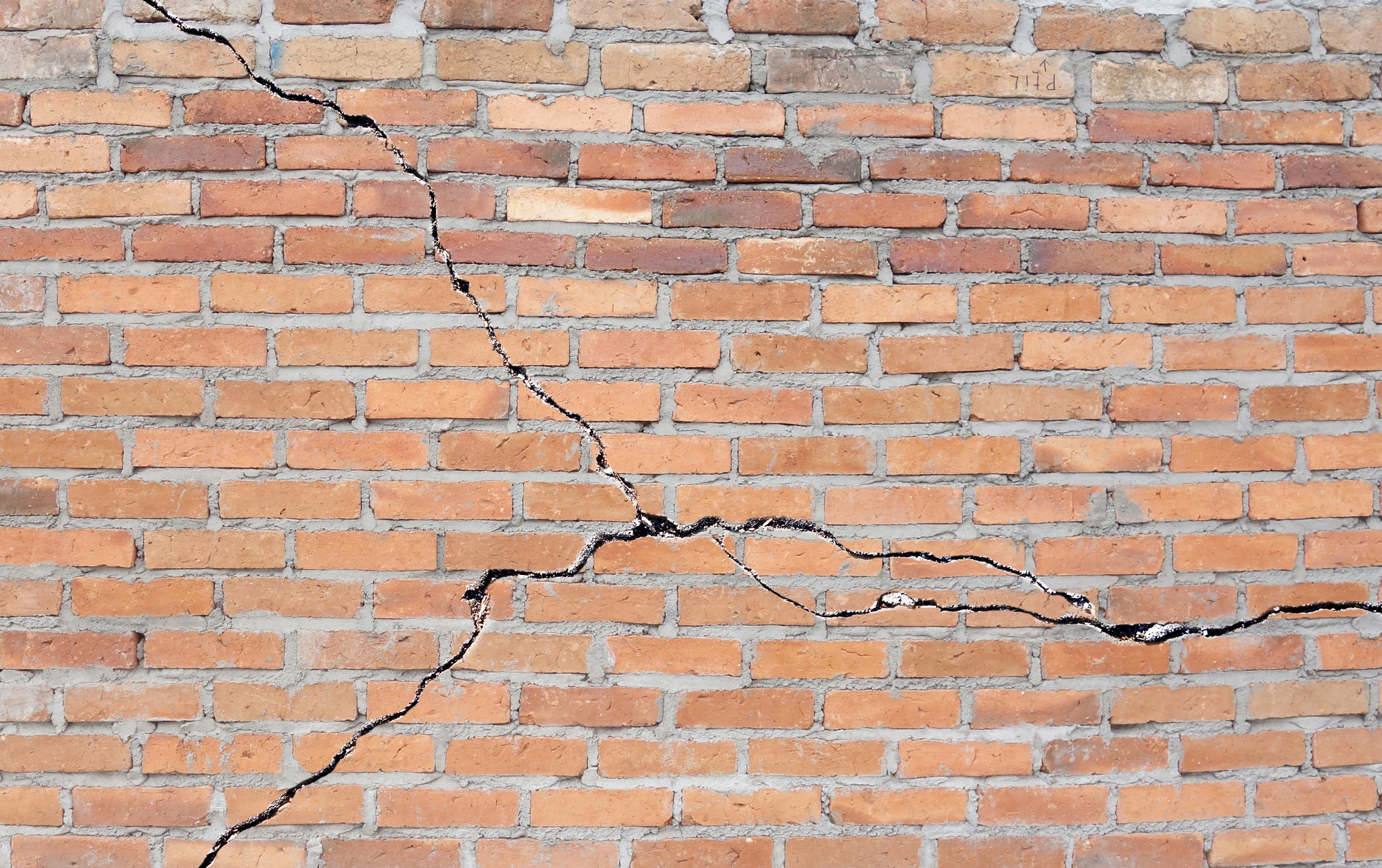
The Do’s and Dont’s of Fixing Foundation Cracks
What happens when you leave mold and water damage unattended for too long? You end up with an eroding foundation. Spots where cracks and disruptions have become commonplace.
Whether you’re a homeowner or a tenant, it’s important to know how to approach foundation problems. If your foundation is damaged, major issues could arise.
Foundation cracks are not that bad and repairing your crack is not too expensive. You just need to know what you are doing, as there are certain things you should not do.
To learn more about proper foundation crack repair, keep reading.
Do Check the Crack Regularly to See if It Has Worsened
Cracks in foundation walls are common in both old and new homes. While some cracks are simply the result of settling, others may indicate more serious problems, that’s why it’s important to know the types of it. Homeowners should check the crack regularly to see if it has worsened, as this can indicate a structural issue.
In some cases, cracks may be the result of a faulty foundation or drainage problem. If the crack is large or growing, it is best to consult a professional for an evaluation.
Do Use a Quality Sealant or Epoxy to Fill the Crack
If you want to do it right, use a quality sealant or epoxy to fill the crack. You want to make sure that the product you use is designed for cracks in concrete and is user-friendly.
You also want to make sure that the surface is clean and dry before you apply the sealant. In other words, don’t try to fix the problem when the foundation is still wet.
Don’t Ignore Cracks in Your Foundation
If you see cracks in your foundation, don’t ignore them! That can be caused by a number of things, including settling, thermal expansion and contraction, and water damage. If left untreated, these cracks can lead to further damage to your foundation and your home.
For a foundation crack repair, you’ll first need to identify the type of crack. Once you’ve identified the type of crack, you can begin to repair it.
You can have a foundation jack installed in your home to help you boost your foundation. Read here to learn more about foundation jacks.
For small cracks, you can use a tube of epoxy or polyurethane concrete repair sealant. These sealants are easy to apply and will help to prevent further damage. For larger cracks, you may need to use hydraulic cement or carbon-fiber strips.
Don’t Try to Fix the Cracks Yourself
One of the things you definitely shouldn’t do is try to fix the cracks yourself if you’re not experienced in doing so. This is because you could end up making the problem worse. It’s always best to hire a professional to fix foundation cracks.
Another thing you should avoid doing is using a temporary fix like concrete caulk or hydraulic cement. These fixes might seem like they’re working at first, but they’re only temporary and the problem will eventually come back.
Dos and Don’ts Foundation Cracks
If you have any foundation cracks, it’s important to act fast and get them repaired. Ignoring the problem will only make it worse and can lead to costly repairs down the road. Use these tips to repair cracks in your foundation and prevent further damage.
If you think this article has helped you, check out our other blogs!
